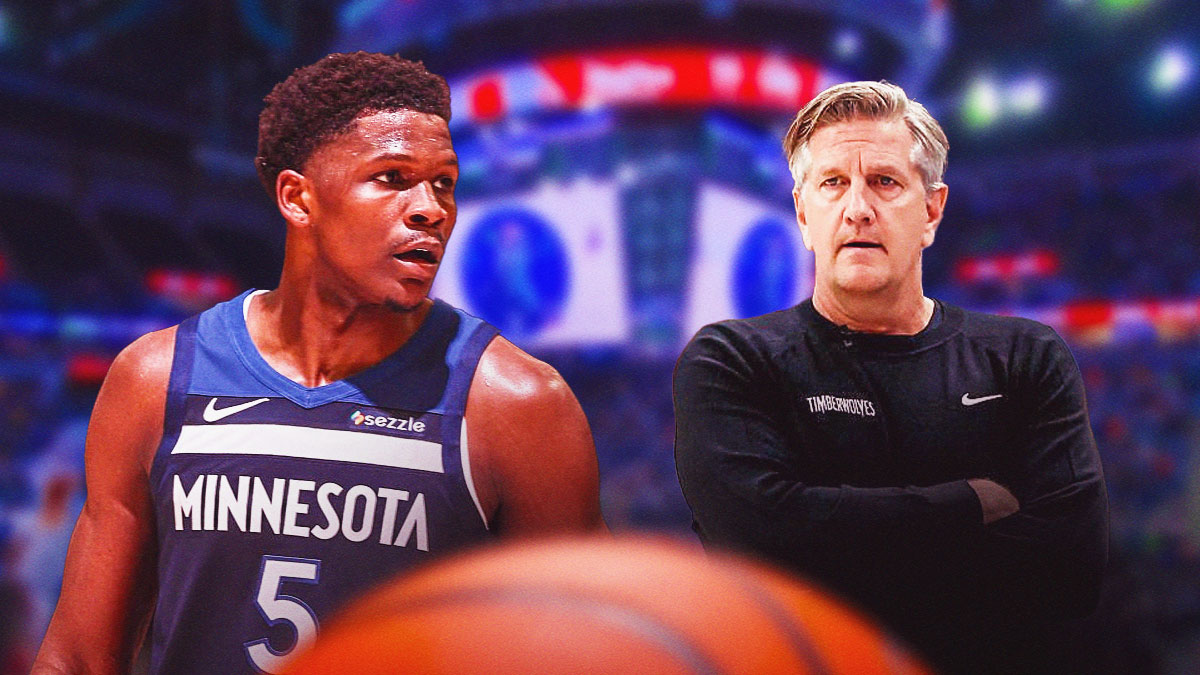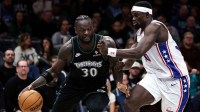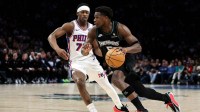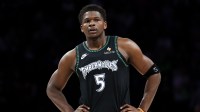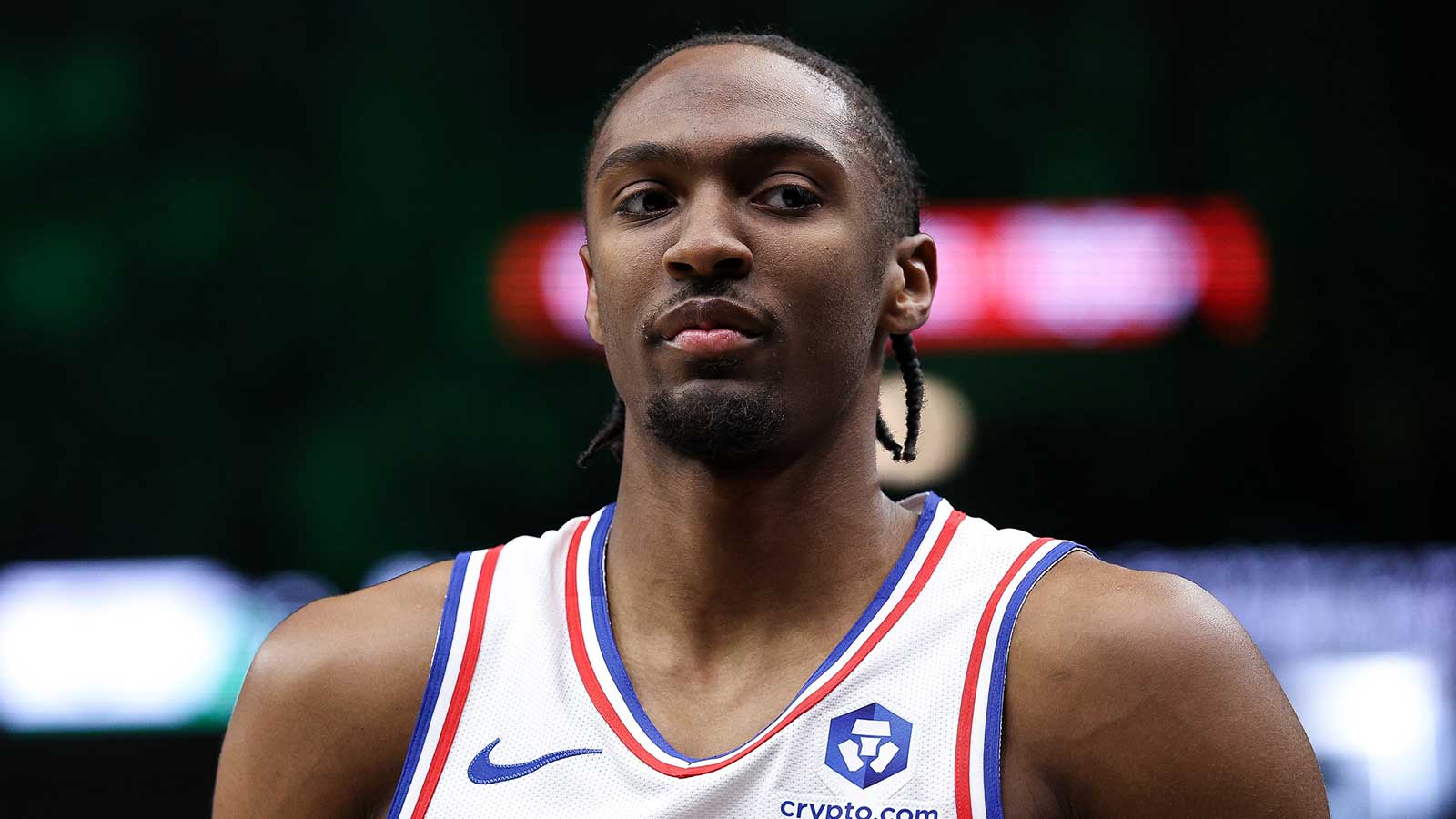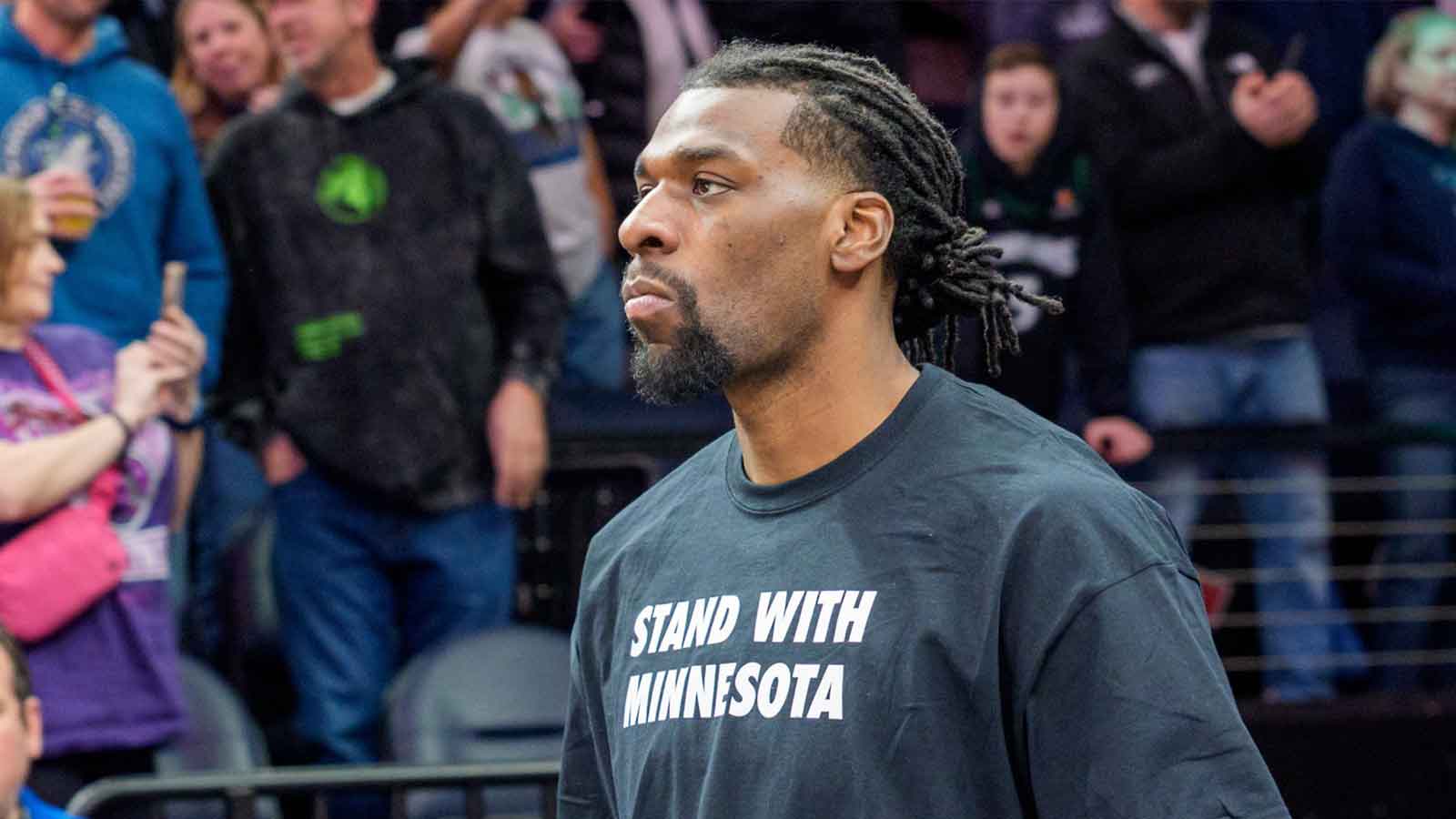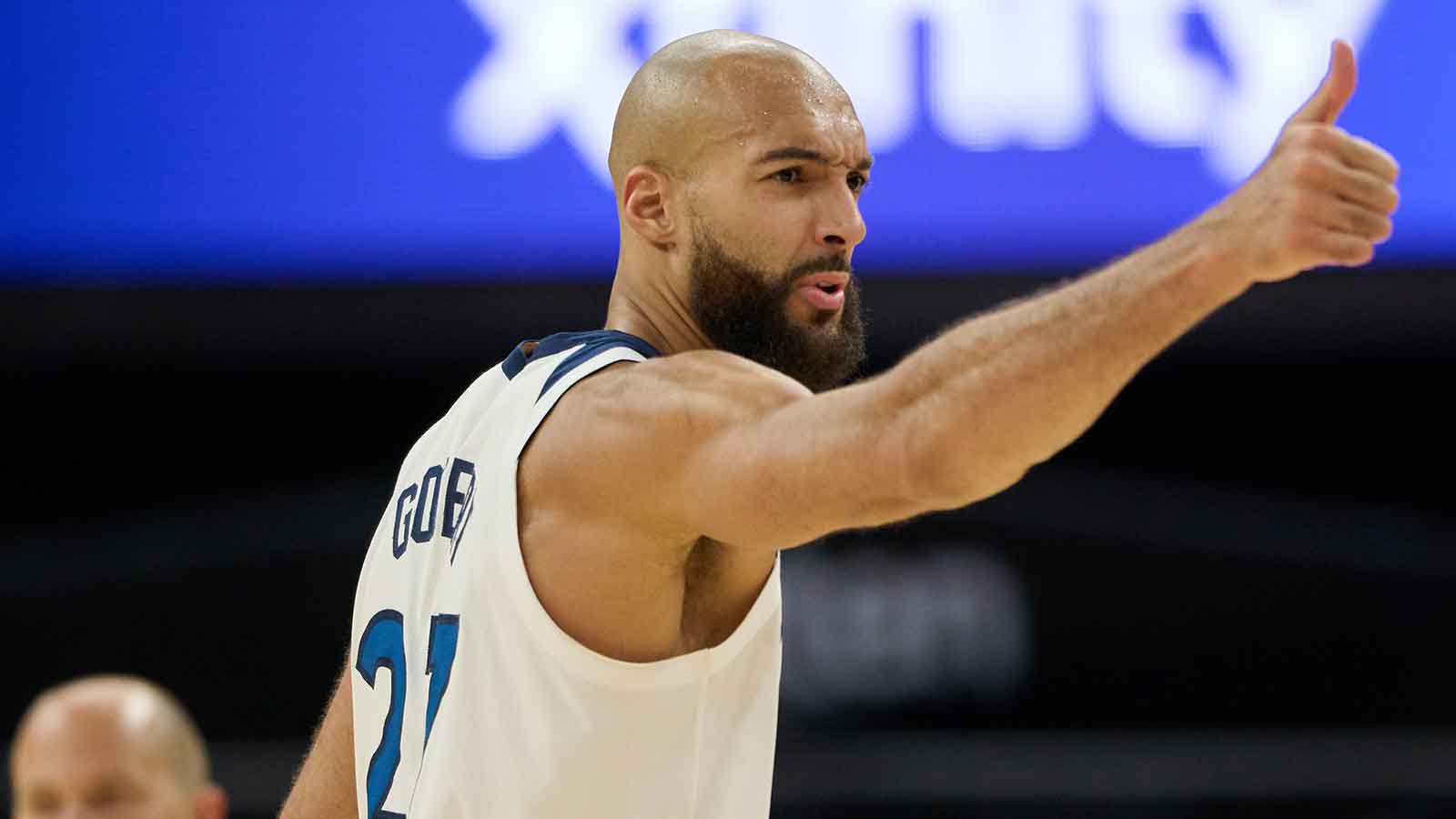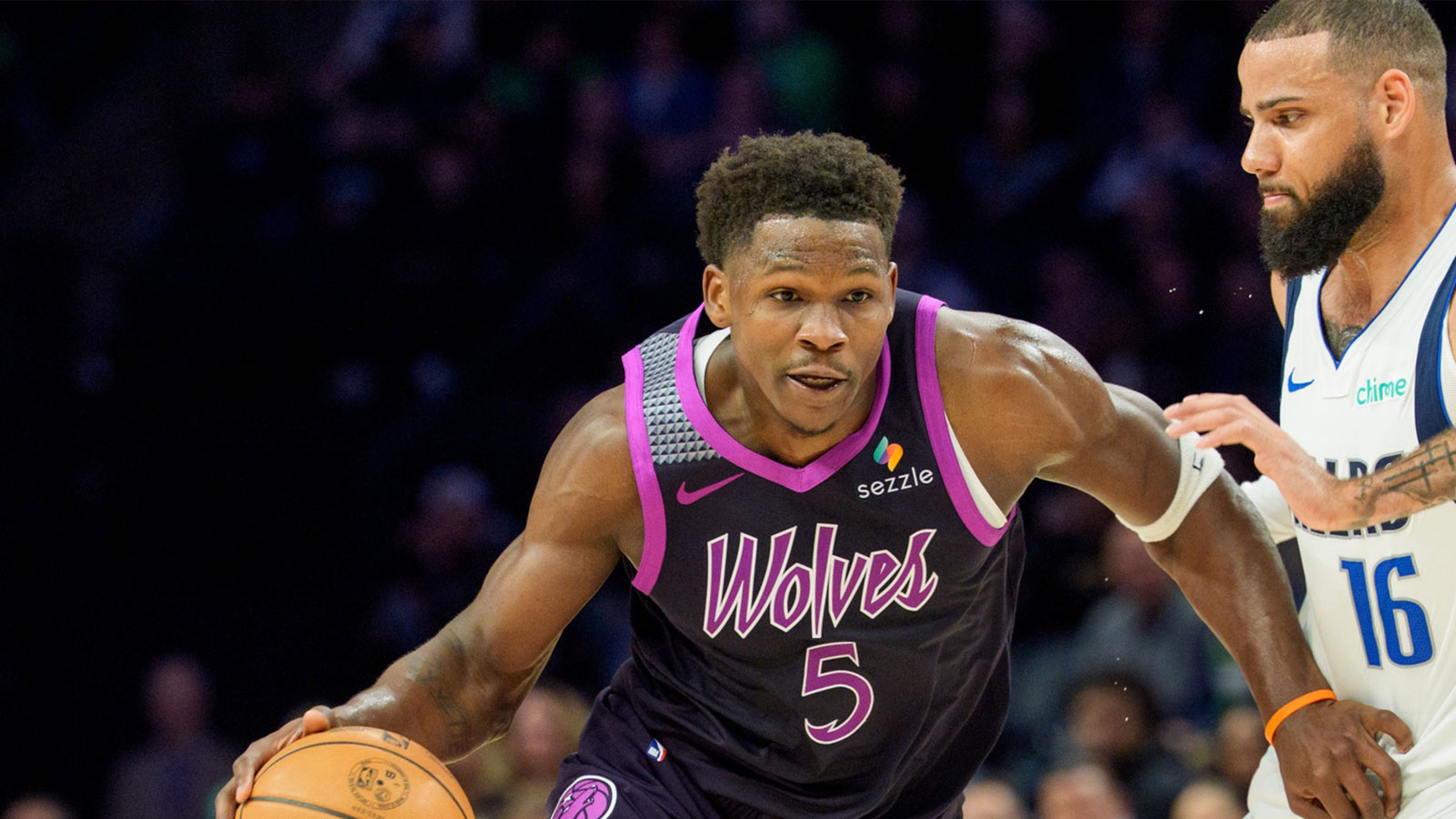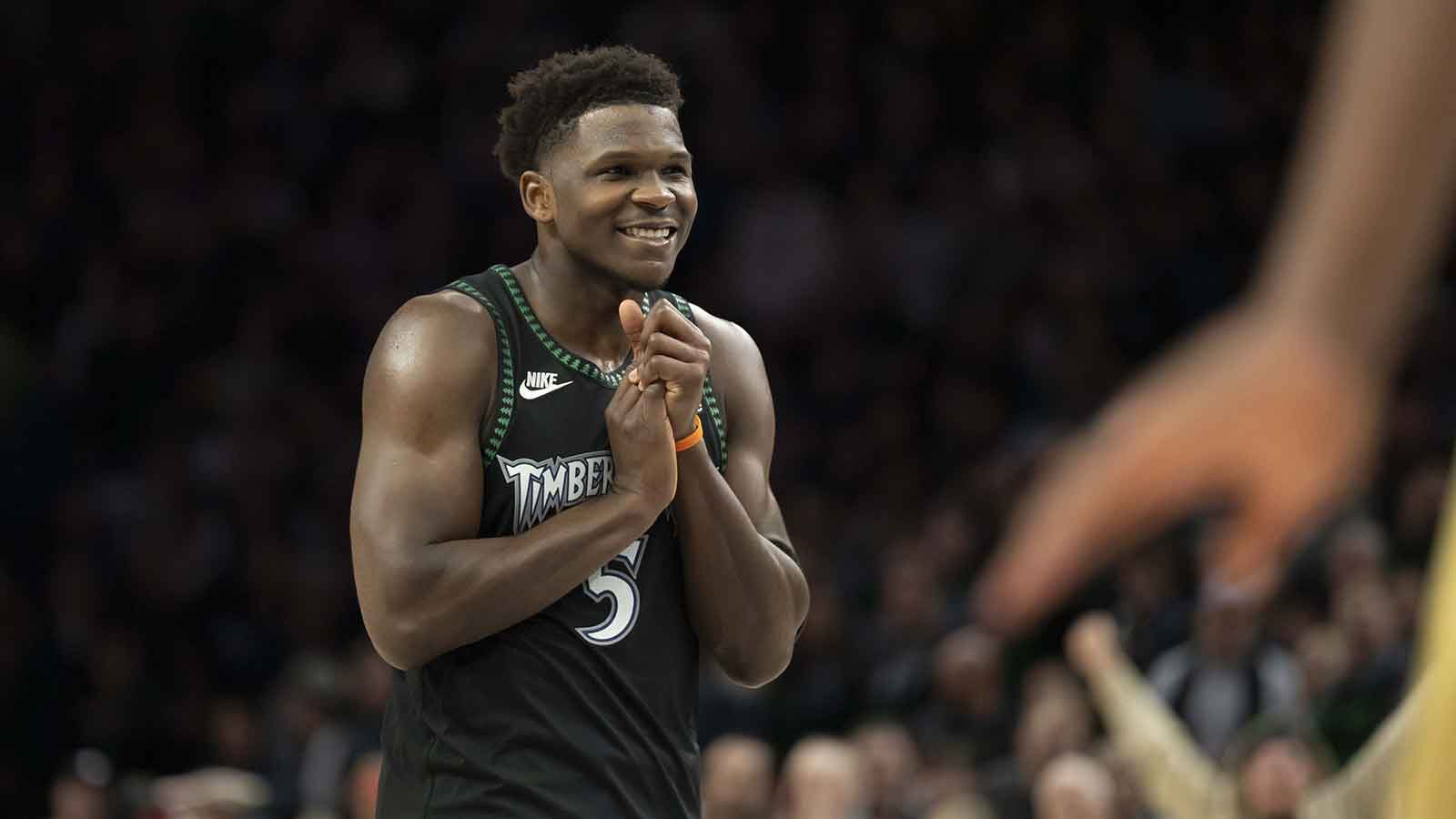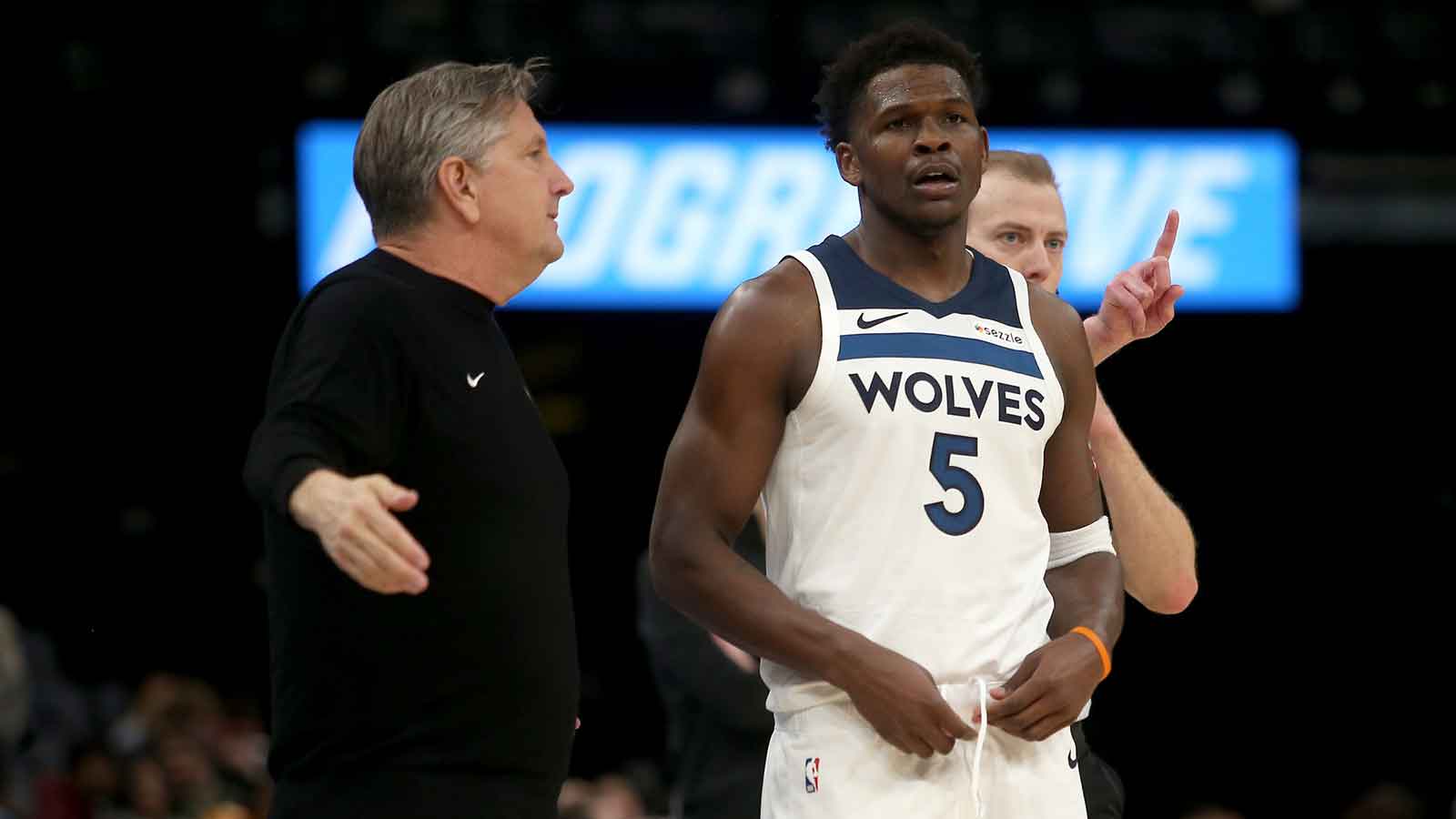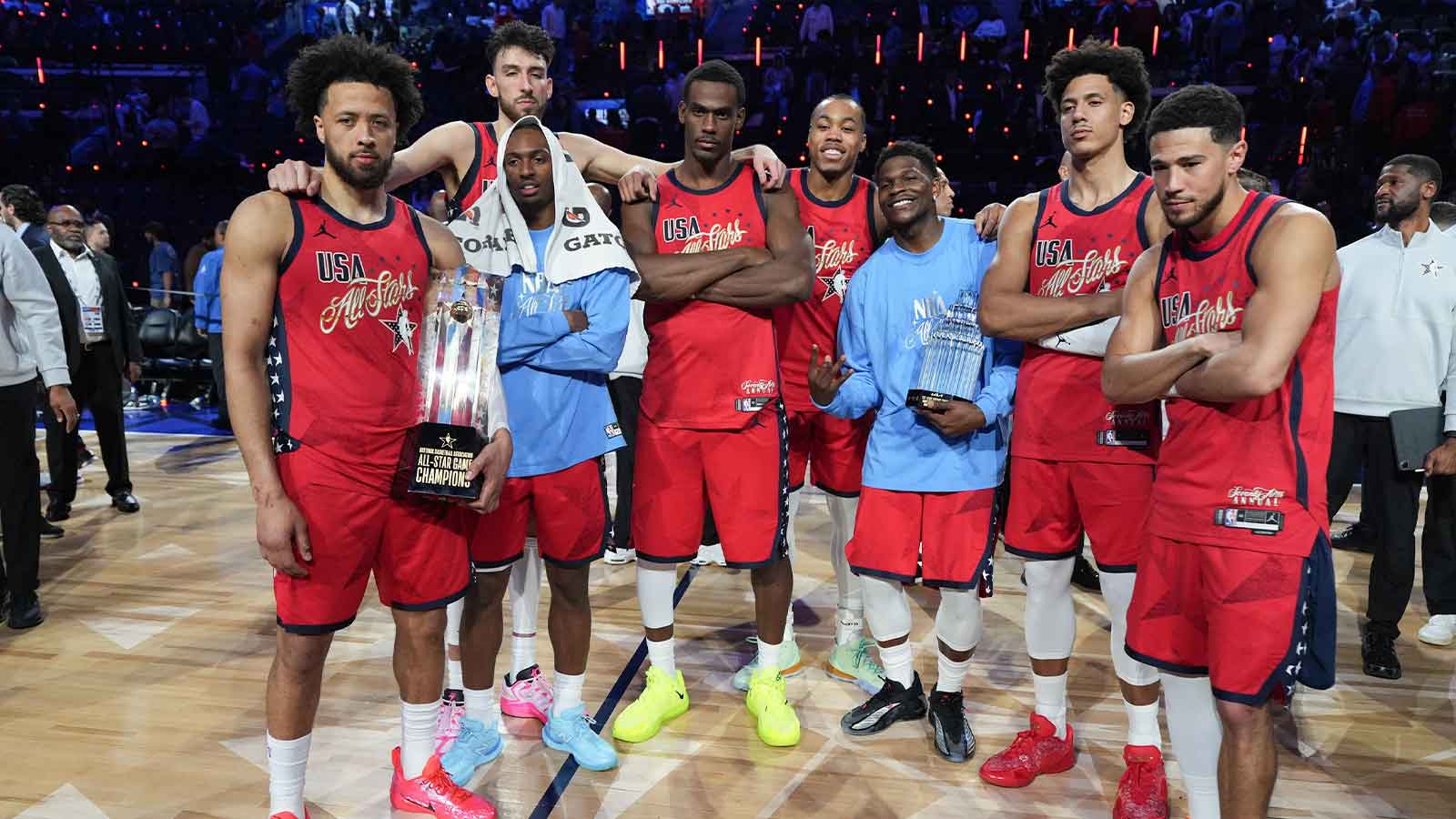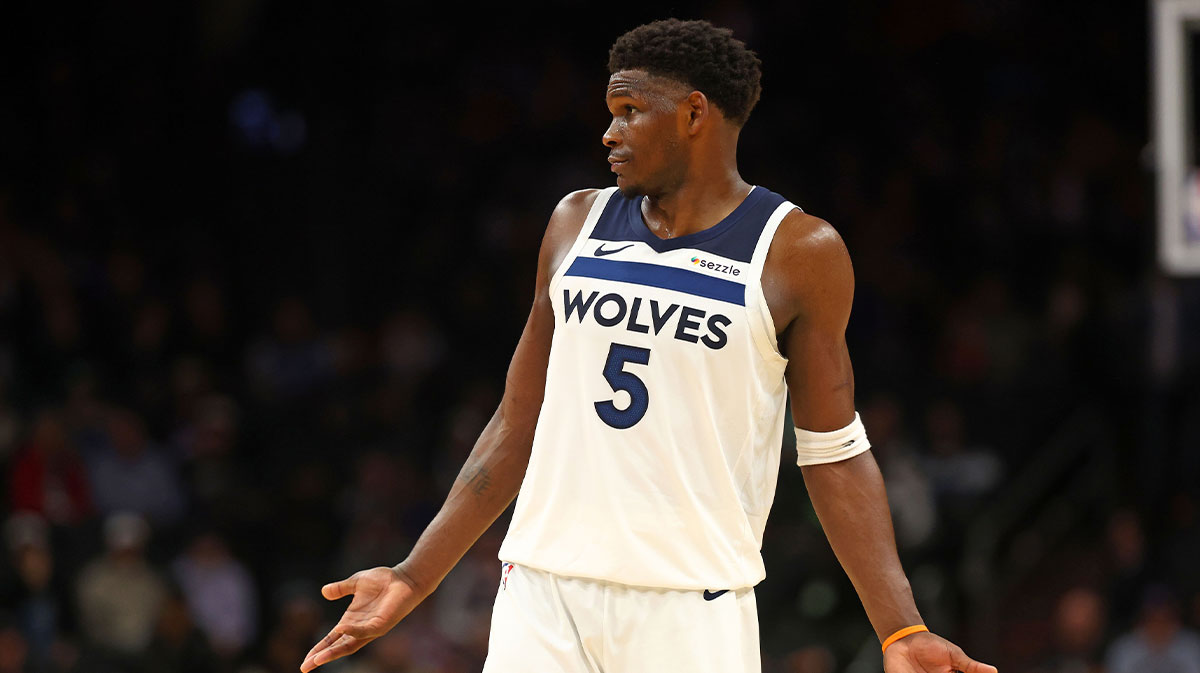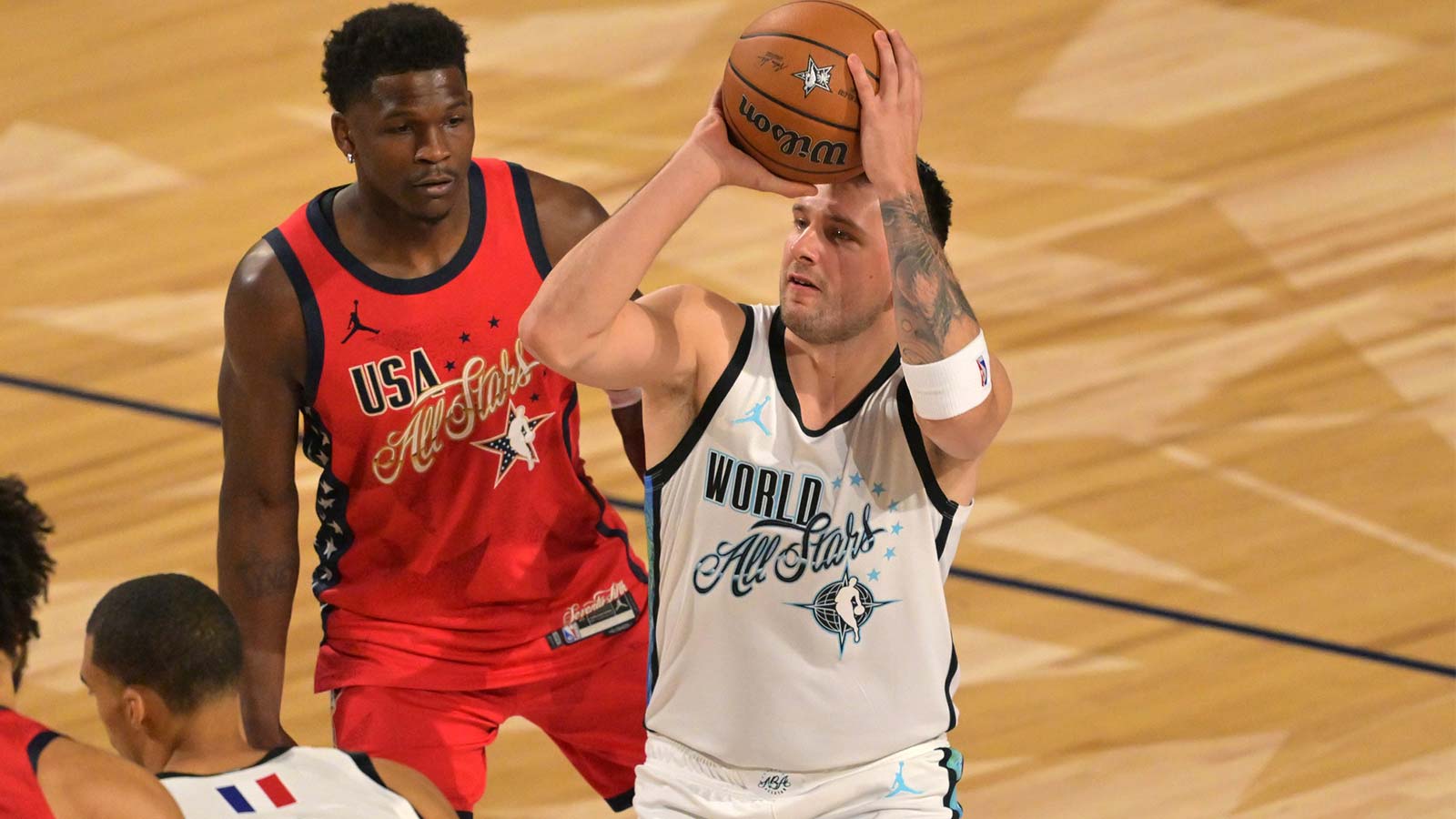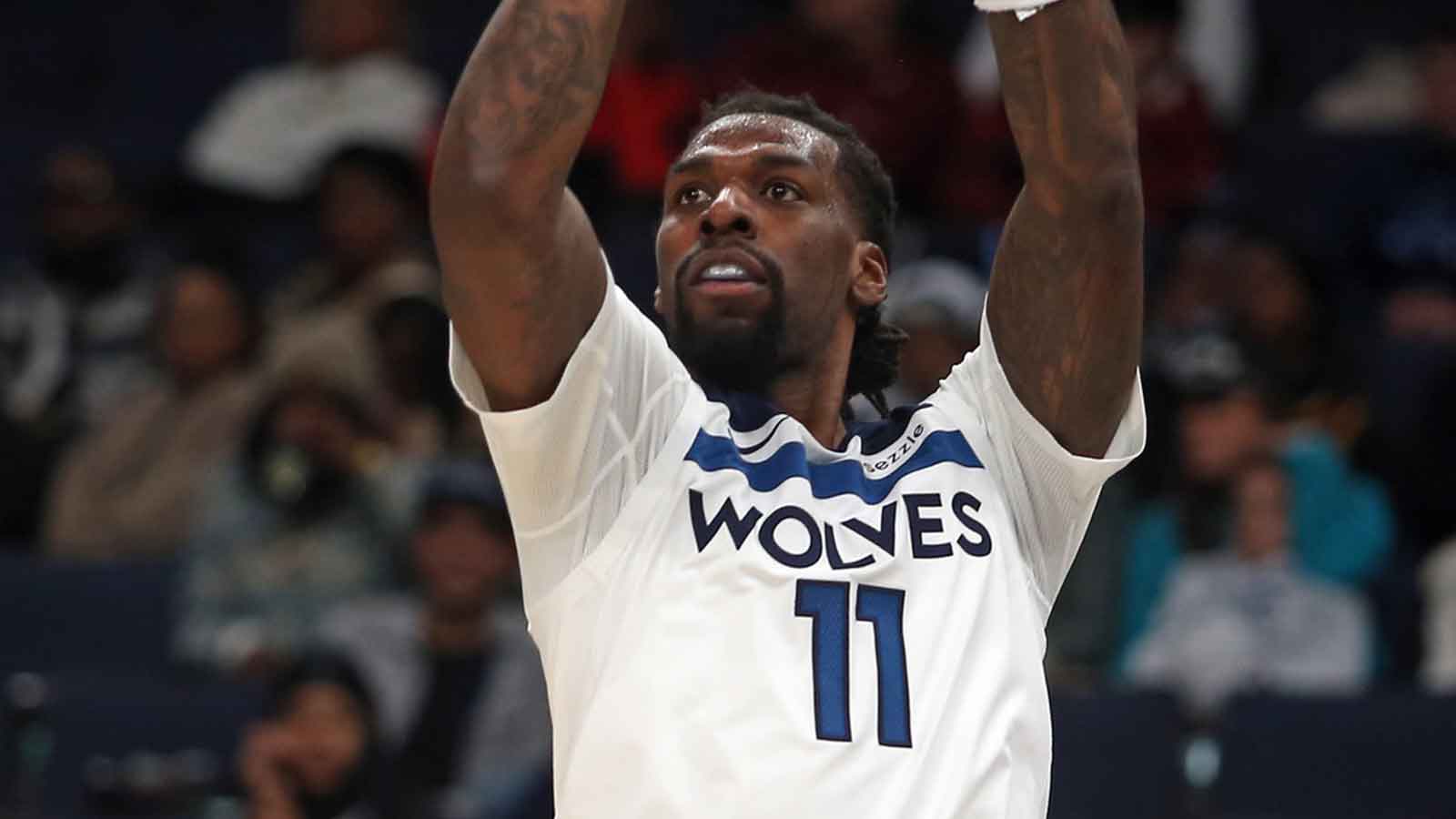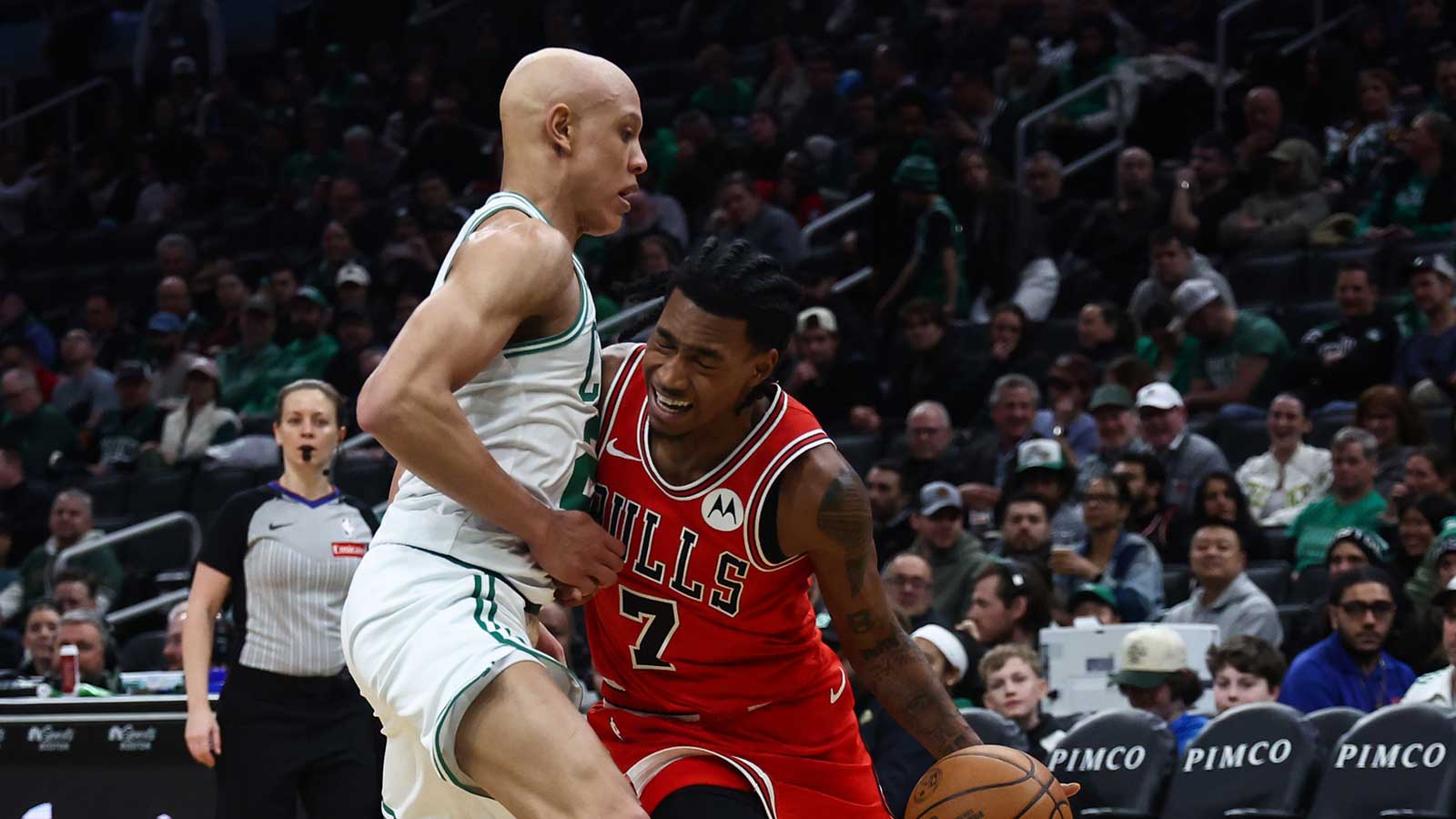For the second consecutive season, the Minnesota Timberwolves' campaign came to an end in the Western Conference Finals. This time around, however, they stood less of a chance against the Oklahoma City Thunder than they did against the Dallas Mavericks last year. OKC, boasting the best defense in the league, swallowed Minnesota whole — as evidenced by the putrid first half performance the Timberwolves put up in the 30-point defeat (124-94) they suffered in Game 5.
To come so close yet so far has got to sting even worse for a Timberwolves team that prided itself on being able to return to the WCF despite trading away Karl-Anthony Towns for Julius Randle and Donte DiVincenzo. The second tax apron is about to make the Timberwolves' life hell, as it will be difficult for them to run it back next season, especially with crucial rotation players such as Naz Reid and Nickeil Alexander-Walker expected to enter free agency and perhaps test the market.
At the end of the day, the Timberwolves were simply outplayed by the Thunder on all sides of the ball. Playing the blame game is a futile endeavor and is, at worst, a harsh exercise that doesn't put the lopsidedness of the series in its proper context.
Nonetheless, here are the most prominent Timberwolves who must take a long look at this series loss to the Thunder and use it as motivation to come back next season raring to show that they can get over the hump.
Timberwolves can only go as far as Anthony Edwards takes them

Being the best player on the team comes with it its fair share of responsibilities. For one, a team typically takes after the identity of its best player. Anthony Edwards has certainly given the Timberwolves a competitive edge and an identity of fearlessness over the past few seasons. It should not go without mentioning that Edwards has beaten teams led by the likes of Kevin Durant, Nikola Jokic, and LeBron James in the playoffs over the past two seasons.
And while the best player gets all the glory when his team succeeds, he also has to shoulder a ton of blame whenever things don't quite go their way. For the Timberwolves, a lot of their struggles against the Thunder boiled down to Edwards' inability to assert himself and take control of the game.
Edwards was quiet in Games 1, 4, and 5, and it's always hard to win whenever the best player plays right into the opposing team's defensive strengths. The Timberwolves star relies so much on creating off the bounce and trying to create for his teammates by slicing through the lane, but the Thunder contain dribble penetration so well thanks to their army of long-limbed defenders led by Alex Caruso, Lu Dort, and Cason Wallace.
There has to be another level to Edwards' game if he and the Timberwolves were to find a way over the hump. His playmaking took a step forward this past season, which was a crucial improvement to his game. But perhaps his next point of improvement would be to become a more dominant presence on the post — which could help him conserve energy as well if he were to play with his back to the basket more often.
The Rudy Gobert question remains
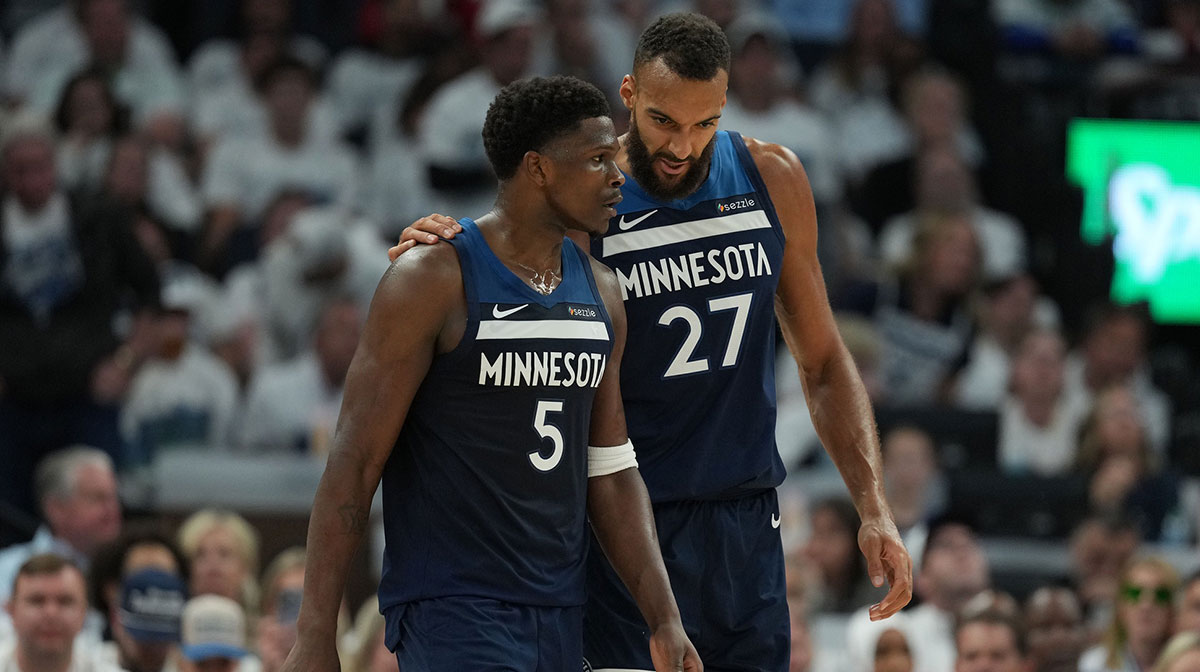
There is no doubting that Rudy Gobert is an overall positive presence for any team. Gobert guarantees a top-10 level defense thanks to his understanding of positioning and timing, and his sheer size and length makes him quite the disruptive presence in the paint. The Timberwolves certainly would not have gotten to where they've been over the past two seasons without him.
But it's fair to question just how far a team can go with Gobert commanding such a huge portion of the team's salary cap. The Timberwolves essentially chose Gobert over Towns, and it's not like this decision has proven to be an all-out disaster. But the playoffs have shown that Gobert has severe limitations that can often cap his value to his team depending on the matchup.
In the first two rounds of this year's playoffs, Gobert's size turned him into quite the problem for both the Los Angeles Lakers and Golden State Warriors. Gobert even turned into Wilt Chamberlain for a stretch there during the Timberwolves' closeout game win over the Lakers. The Warriors' lack of viable floor-spacers amid Stephen Curry's injury also gave Gobert more room to do damage.
But against the Thunder, Gobert's impact once again left a lot to be desired. Shai Gilgeous-Alexander destroyed the Timberwolves' typical coverages, and head coach Chris Finch seemed to lose confidence in him during the most crucial stretches of games.
It might be harsh to once again put this kind of blame on Gobert. At this point in his career, everyone knows what he does and what his limitations are. But considering how much the Timberwolves invested in him and how big of a portion of the cap he continues to take up, he has to be more matchup-proof — which he isn't.
Minnesota's defense fails to find an answer
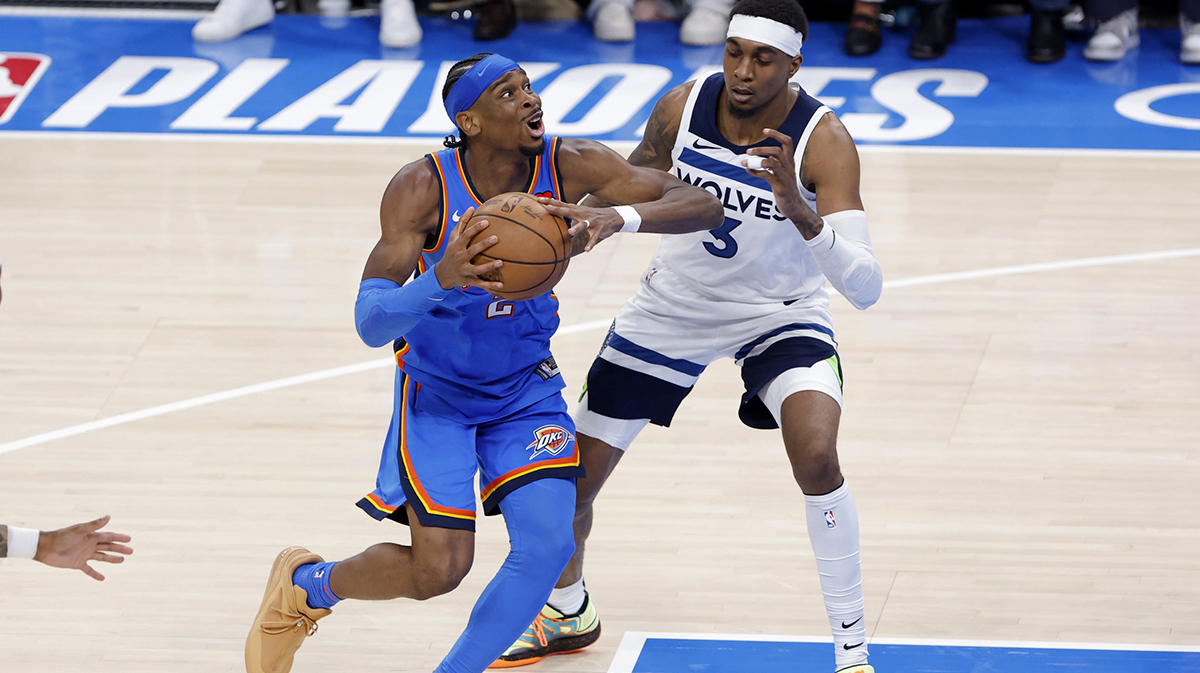
Jaden McDaniels' defense was being stretched thin by Gilgeous-Alexander; for as good of a defender as McDaniels is, Gilgeous-Alexander was spinning him around like a top and was frustrating him beyond belief by drawing the craziest fouls. But it's hard to blame McDaniels too much for this; even the best defenders in the league stand little chance against Gilgeous-Alexander's combination of skill and the generous whistle that he gets.
This forced Chris Finch to get creative with his team's defensive coverages. Suffice to say, those adjustments did not work. The Timberwolves' zone defense was bordering on comical. They would contain the first few passes and rotate to prevent the open three, but then they would end up leaving someone open along the baseline.
Playing zone defense wasn't in the Timberwolves' DNA, and suddenly, this was something they thought would work considering the success the Denver Nuggets had defending the Thunder this way. It's hard to blame Finch too much for this; perhaps practicing zone defense throughout next season would help prepare them for a potential OKC matchup come the 2026 NBA playoffs.

